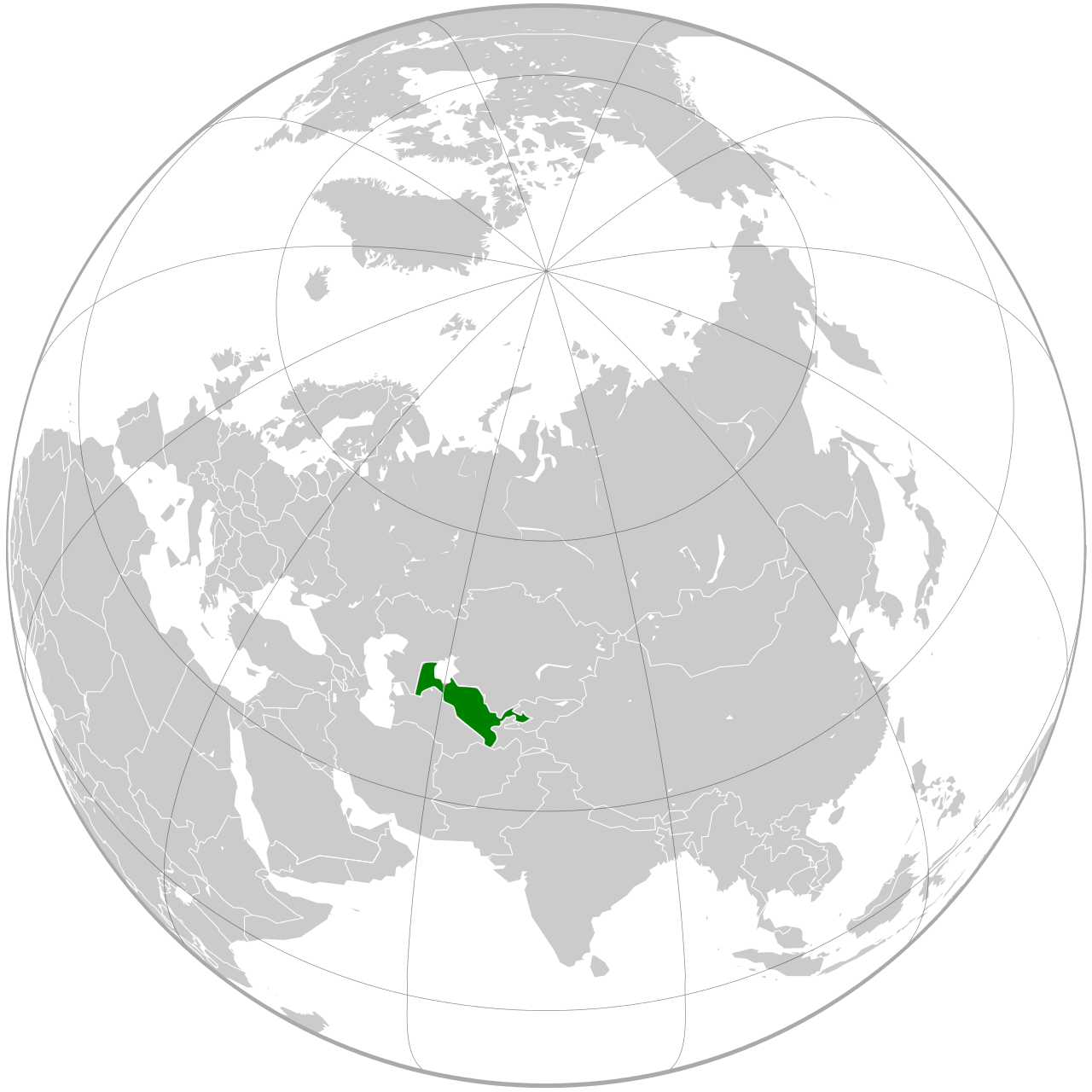Uzbekistan
Central Asia

(Download current filtered dataset)
1
-
50
/
58
| Title | Population | Bibles | Resources |
|---|---|---|---|
| Northern Uzbek | 26000000 | 3 | 42 |
| Tatar | 6400000 | 1 | 10 |
| Russian | 4530000 | 21 | 103 |
| Tajik | 1708380 | 6 | 14 |
| Kazakh | 1210000 | 2 | 11 |
| Kara-Kalpak | 606000 | 2 | 15 |
| Kirghiz | 511000 | 3 | 15 |
| Turkmen | 210810 | 11 | 46 |
| Crimean Tatar | 150000 | 2 | 3 |
| Turkish | 130000 | 9 | 351 |
| Ukrainian | 77620 | 11 | 19 |
| North Azerbaijani | 60490 | 3 | 31 |
| Western Armenian | 50000 | 2 | 2 |
| Uighur | 49060 | 6 | 32 |
| Bashkir | 42600 | 3 | 5 |
| Iranian Persian | 34050 | 8 | 70 |
| Belarusian | 19100 | 6 | 7 |
| German | 17050 | 36 | 22 |
| Erzya | 16350 | 1 | 1 |
| Chuvash | 13780 | 1 | 1 |
| Bukharic | 10600 | 0 | 0 |
| Romanian | 7300 | 16 | 29 |
| Ossetian | 7100 | 3 | 2 |
| Georgian | 6380 | 6 | 7 |
| Modern Greek (1453-) | 5400 | 24 | 10 |
| Udmurt | 4210 | 1 | 3 |
| Lezghian | 4140 | 2 | 5 |
| Lak | 3810 | 1 | 1 |
| Northern Kurdish - Kurmanji | 3140 | 8 | 18 |
| Northern Pashto | 2820 | 4 | 31 |
| Parsi | 2400 | 0 | 2 |
| Dargwa | 2400 | 1 | 3 |
| Lithuanian | 2240 | 8 | 8 |
| Standard Latvian | 1830 | 5 | 4 |
| Chechen | 1720 | 1 | 4 |
| Armenian | 1690 | 21 | 8 |
| Dungan | 1600 | 1 | 3 |
| Kabardian | 1550 | 1 | 4 |
| Standard Estonian | 1380 | 4 | 3 |
| Hindi | 1290 | 13 | 105 |
| Parya | 1230 | 0 | 0 |
| Kumyk | 1210 | 1 | 4 |
| Uzbeki Arabic | 1110 | 0 | 0 |
| Komi-Permyak | 1090 | 1 | 3 |
| Russia Buriat | 1080 | 1 | 8 |
| Karachay-Balkar | 830 | 1 | 8 |
| Ingush | 810 | 1 | 1 |
| Tabassaran | 780 | 1 | 6 |
| Khakas | 490 | 2 | 2 |
| Shor | 480 | 1 | 0 |
| Eastern Yiddish | 0 | 4 | 2 |
| Kalmyk | 0 | 1 | 4 |
| Uzbek | 0 | 4 | 1 |
| Polish | 0 | 13 | 18 |
| Korean | 0 | 21 | 23 |
| Mandarin Chinese | 0 | 46 | 104 |
| Bulgarian | 0 | 13 | 7 |
| Avaric | 0 | 2 | 4 |





